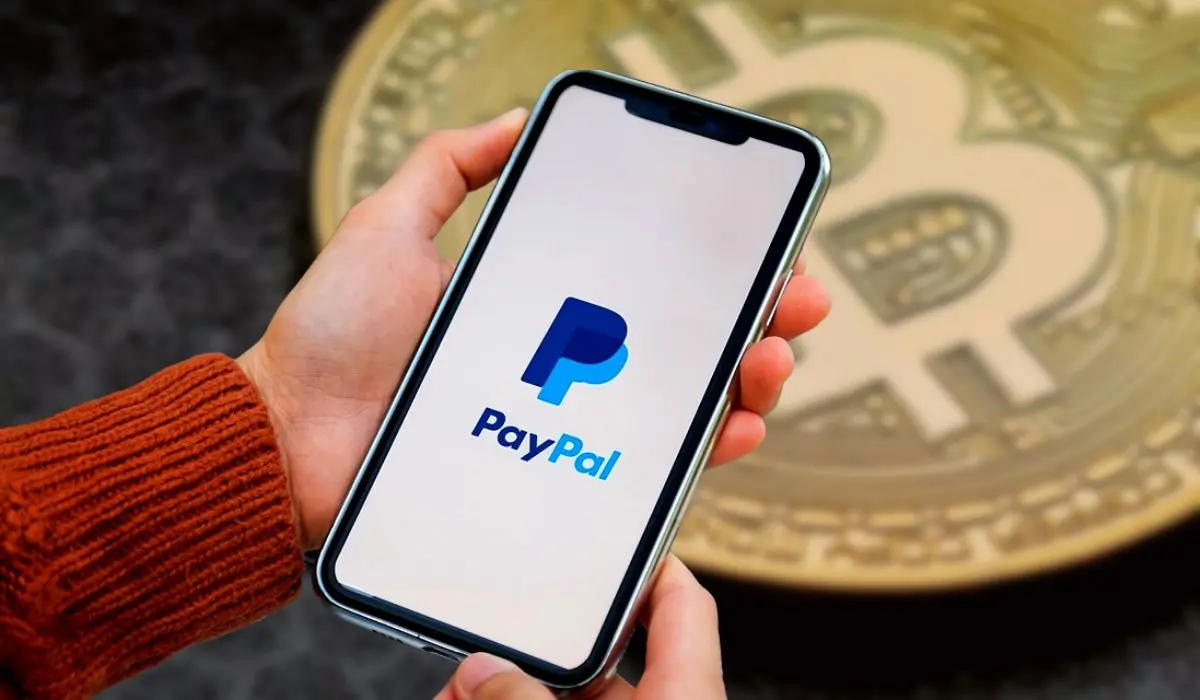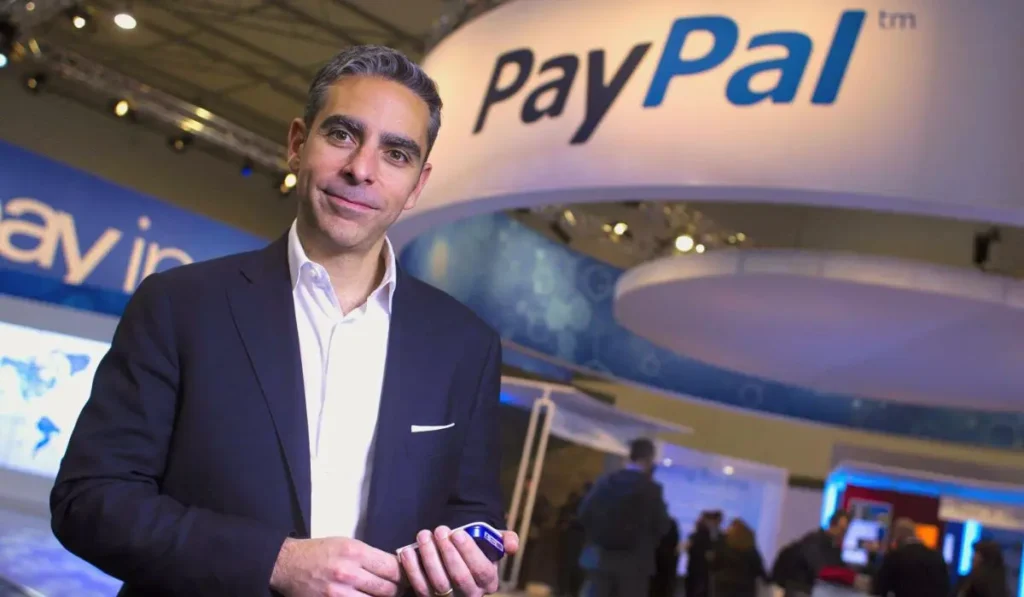Recently, while speaking on CNBC’s podcast show The Squawk Box, David Marcus, the former president of payments giant PayPal shared his views on how tapping the unearthed potential of Bitcoin could transform the blockchain and its cryptocurrency into a global payment network.
The vision of the ex-lead of Meta’s (formerly Facebook) crypto initiative ‘Diem’ is to convert Bitcoin from its current status as a digital store of value and expand its utility to redefine the global financial ecosystem.
Marcus is the current CEO of Lightspark, a blockchain infrastructure company that provides innovative Bitcoin solutions on its layer-2 scaling protocol, the Lightning Network.
Ex-PayPal President Says The World Is Still In The ‘Fax Era’ Of Payments
In the interview, Marcus highlighted Bitcoin’s remarkable journey over the past decade. What started out as an obscure digital currency has matured into a recognized store of value and hedge against inflation.
But despite its growth over the years, the former PayPal chief argues that Bitcoin is yet to tap into its true potential as the apex cryptocurrency could play a much wider role in the world of finance.

In an X post in June, Marcus noted that if one asset has to become the native settlement asset of the internet, that particular asset needs to be “neutral, trustless, and have a ton of liquidity against all currencies”.
He then declared Bitcoin to be the universal open protocol for payments and pledged that his company is committed to building on the Lightning Network to realize Bitcoin’s true potential.
According to Marcus, Bitcoin could become a cornerstone of the global payments network similar to PayPal but by operating exclusively on its decentralized native blockchain network.
But he says this is only possible if the network will continue to evolve much further by delivering faster, more economical, and highly efficient transactions. The Lightspark CEO says such enhancements would expand the digital currency’s reach to a broader and more diverse audience.
Markus also highlighted that the world is still in the ‘fax era’ of payments and a Bitcoin-led revolution is necessary to transform the financial industry.
Technical And Regulatory Hurdles Stand In Bitcoin’s Path To Becoming A Global Payment Network
Although Bitcoin is deemed a universal payment solution, one of the long-standing challenges that it faces is its lack of scalability when compared to existing traditional payment gateways like Visa and Mastercard networks or even other blockchain protocols like Ethereum (ETH) or Solana (SOL).
Current technological advancements in the Bitcoin space like the Lightning Network seek to address the blockchain’s scalability issue and also reinforce the cryptocurrency’s capabilities.
Aside from the technical challenges, Bitcoin also faces regulatory hurdles with world governments keeping a close watch on how the cryptocurrency market is progressing.
Marcus has urged global financial regulators to come together and work on ensuring that Bitcoin can be a compliant and legitimate form of payment, moving forward.
G20 Leaders Agree On Developing Global Crypto Regulatory Framework
A validation for his opinion came about last week at the 2023 G20 Summit held in New Delhi, where leaders from 20 of the world’s largest economies promised to adopt a global standard framework for regulating crypto assets.
Ministerial and working groups from the member nations have accepted a proposal by the Financial Stability Board (FSB) and the International Monetary Fund (IMF) on ways to report and regulate cryptocurrency-related activities in their respective jurisdictions.
Financial institutions part of the G20 will work on developing a mechanism for crypto service providers like exchanges and token issuers to report cross-border crypto transactions and also identify the individuals or entities carrying them out. The system will also require the companies to report the transactions to relevant tax authorities in the countries they operate from.
However, the policy group declared that neither Bitcoin nor other cryptocurrencies, including fiat-backed stablecoins, will be considered legal tender or a form of acceptable currency internationally, but as a mere store of value.
The regulatory standard is set to be reviewed by G20 central bank governors and finance ministers at their meeting in October, and if accepted by all parties, the policy recommendations are expected to be implemented beginning in 2027.
Read More: PayPal Launches U.S. Dollar-Backed Stablecoin
Bitcoin Has The Potential To Revolutionalize The Financial Sector
Despite the regulatory and technological challenges that lay ahead for Bitcoin, the cryptocurrency’s decentralized nature, efficient processing, and universally accepted value holds the key to revolutionizing the financial sector for ages to come.
At the time of writing, Bitcoin (BTC) was trading at $25,731 – down 0.4% from its previous day’s price.
Read More: Ethereum Founder Vitalik Buterin’s X Account Hacked, Victims Lose Over $600K To Phishing Scam
